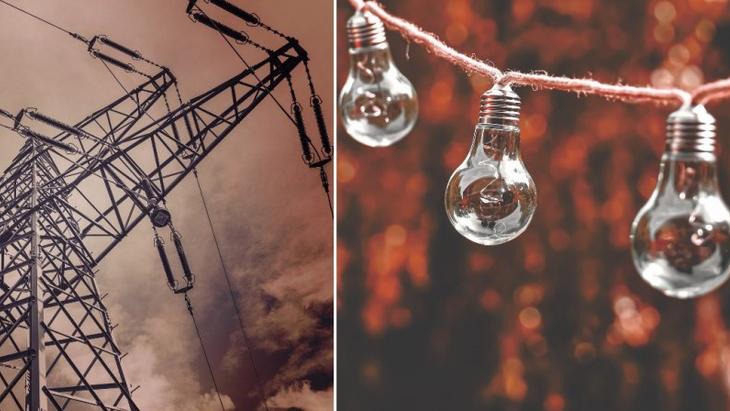More than a week ago, prime minister Nicolae Ciucă announced the Government was close to finishing measures for protecting the population and the economy from the increased prices for electricity and gas. No official document on these measures is yet available for public debate. However, three of the most important renewable producers’ associations called on the Romanian authorities to waive income over taxation and green certificates suspension, two of the main points in the draft of the legislation.
Sources in the supply market concur in warning that if applied as they appear in the draft of the Emergency Ordinance, the measures “will bring about a string of insolvencies in the power supply market”. Ultimately, this would lead to „a regulated market dominated only by a handful of companies, where prices would increase for the end customers and investments in renewable energy would be jeopardized”.
Besides the negative impact of the clawback tax for energy producers, those from the renewable sector in particular, there are two main points of concern for the representatives of supply companies Energynomics interviewed.
10% extra tax on the revenues on each trade done by trading companies
The text is not clear with respect to what transactions are targeted, and it might be understood that the provision also covers transactions agreed in the past, and executed after April 1st, 2022 and before March 31sr 2023. Applied this way, retroactively, this will lead to contract terminations, and insolvency for the traders who have sold electricity for the applicable period. As a side effect, relevant for the end consumers, but also for the state officials responsible with the vulnerable consumers, will be another pressure for an increase in prices, say our sources.
Even if not applied retroactively, this provision will automatically force an increase in prices or give an automatic monopoly to state-held producers. Implicitly it would lead to decreasing liquidity and competitiveness and ultimately leading again to an increase of the prices.
Another, probably unintended impact, is that if applied to cross-border deals for day-ahead market revenues and intraday market revenues, the 10% extra tax will automatically increase the prices in the region because the markets are coupled, and thus it will change the market fundamentals behind market coupling.
However, the methodology for applying this extra tax is to be decided by the National Agency for Tax Administration, an institution with only a general understanding of the power markets.
Bringing back the regulated market
An evident observation is that, although the draft of the Emergency Ordinance is not explicit in that, it reintroduces regulated market provisions. The regulator (ANRE) will
- approve and cap the supply costs
- monitor the acquisition costs
- forcing a certain price structure to different client segments (price cap, fixed prices for 6 month periods)
Furthermore, the Ordinance would force market participants to modify existing agreements in according to regulated price levels, claim the market sources we discussed with.
Going back to a regulated market not only raises the risks of infringement but also might decrease the chances of new investments in the energy sector and drive away present investors.
This draft Ordinance to introduce support measures for energy consumers is the third in 5 months; the first was adopted in 2021, October 10th, and the second, with significant changes, came in 2022, January 26th.
ALSO READ Authorities’ response to energy crisis needs to change – EnergynomicsTalks with Daniela Dărăban, ACUE
Companies criticized the fact that measures adopted complicated even further the situation in the market, and that the support measures were badly implemented. The largest supply and distribution companies already warned they are nearing insolvency as the state is late in reimbursing them with the money they used for doing “social protection instead of the state”.
